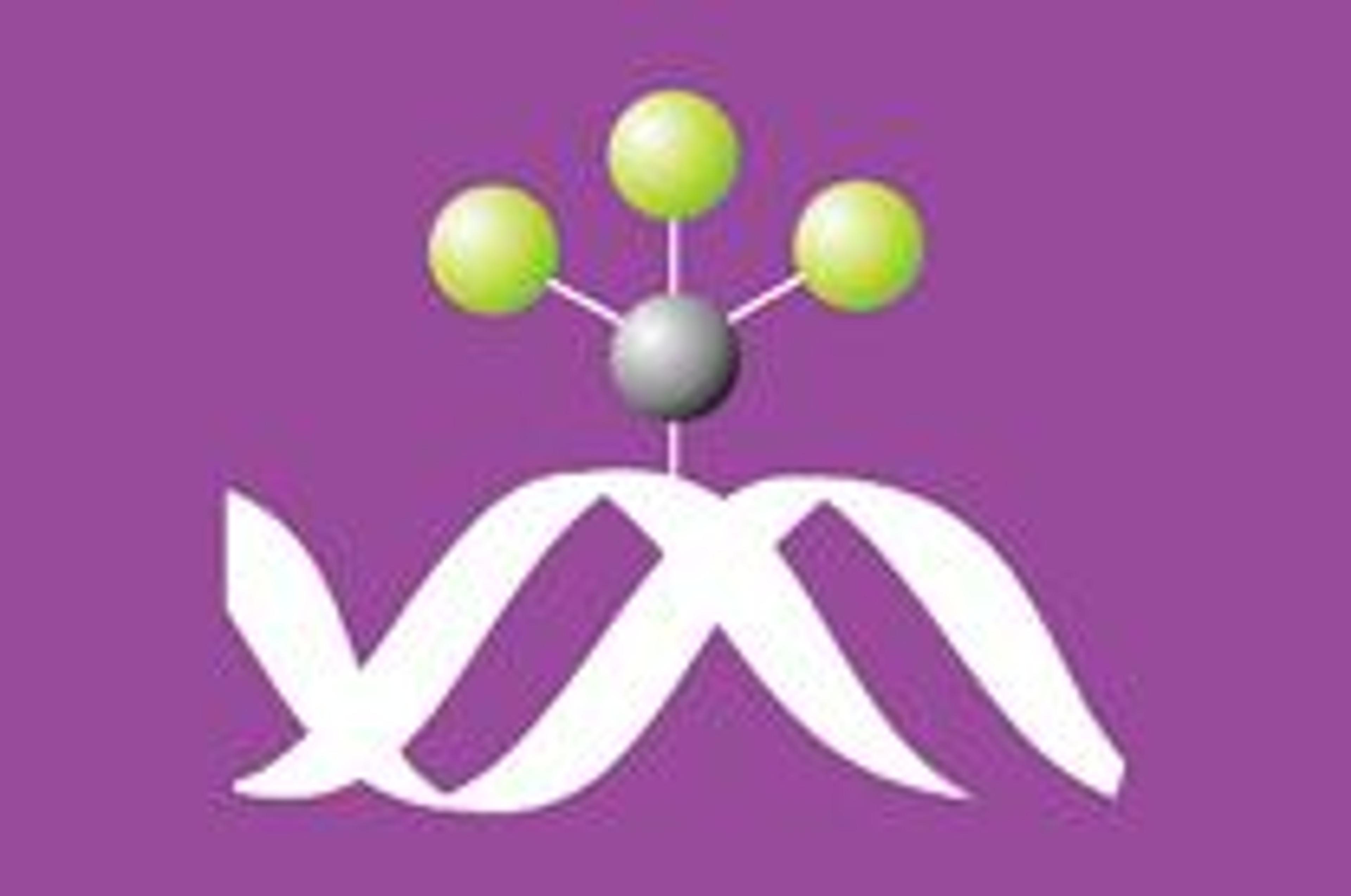Researchers Identify Diagenode Kit as Industry-Leading Solution for Studying Global DNA Methylation
14 May 2013Diagenode, Inc., a leading global provider of complete solutions for epigenetics research, was recently cited for having the overall best methyl binding domain (MBD)-based kit in a benchmarking study of five commercially-available MBD-based kits designed to study genome-wide DNA methylation patterns. Aberrant DNA methylation has been associated with various diseases, including most cancers, cardiovascular disease, and Alzheimer's disease, highlighting the significance of the evaluation.
Additionally, recent research shows that MBD-based sequencing is the most cost-efficient method for genome wide DNA methylation profiling. Diagenode’s MethylCap assay is based on the affinity purification of methylated DNA using a MBD protein and enables high enrichment of double-stranded DNA and differential fractionation in function of the methylated CpG density. Fractionation reduces the complexity of samples and facilitates next generation sequencing.
In the study, five MBD kits were evaluated using three cell lines in conjunction with Illumina GAIIx sequencing. Reduced representation bisulfite sequencing data (RRBS) and publicly available data were used for comparisons. Diagenode's MethylCap kit demonstrated the best overall combination of high yields, consistency, specificity, and sensitivity required for high coverage sequencing. The MethylCap kit was also implicated as the solution that would yield the highest biologically relevant data. The high sensitivity of the MethylCap kit enables capture of low CpG-density fragments which have been found to show significant biological relevance.
“The independent validation of the MethylCap kit presented in this new peer-reviewed article demonstrates our continued commitment and leadership in DNA methylation and epigenetics research,” stated Didier Allaer, CEO of Diagenode. “We continuously strive for innovation in our products to produce the industry’s best epigenetics research solutions."
The PLOS ONE article in which the benchmarking evaluation was published can be found here.

